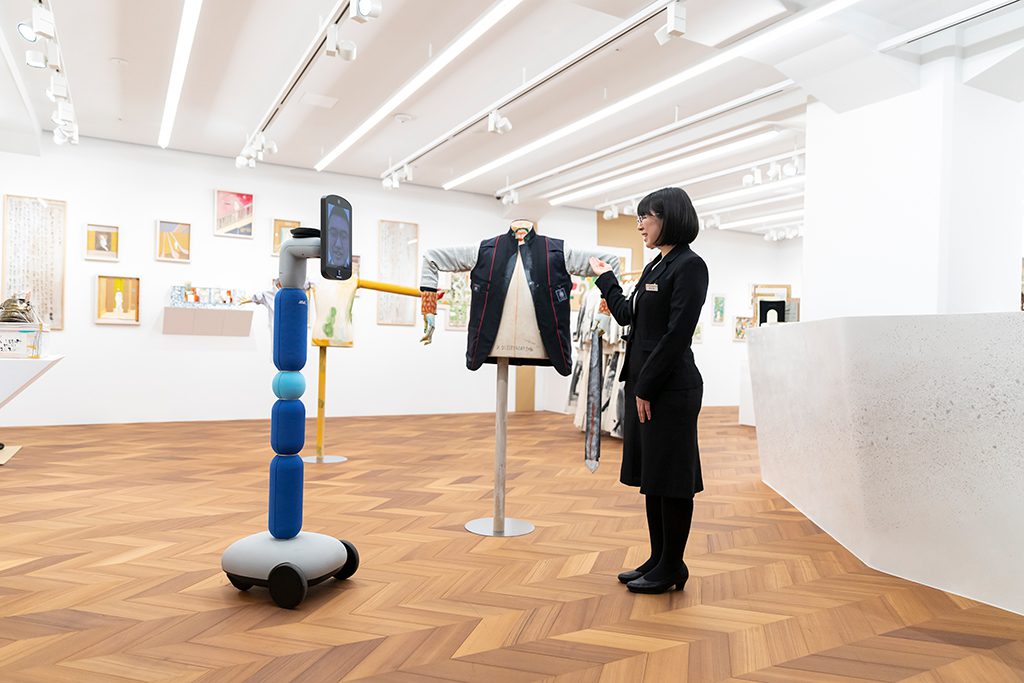This week, travel startups announced about $3 million in funding.
>>Avatar-in, a startup that offers remote-controlled avatars, has launched. All Nippon Airways (ANA) has participated in a $1.8 million (200 million yen) seed round in the Tokyo-based company, founded by two ANA employees.
CORRECTION: This article originally misspelled the name of All Nippon Airways.
In tests, users can remotely control the robots that are at tourism sites, museums, or other locations, seeing what the machines see via video monitors. In one example, users could see what it’s like to go fishing.
However, due to the coronavirus crisis, the company is first offering the machines to university hospitals fighting the coronavirus pandemic.
Join our Online Summit on Startups and Investors on April 14th at Noon ET
>>Eddy Travels, a digital assistant that helps consumers book travel via popular chat apps, has raised about $1.19 million (€1.1 million) in funding.
Practica Capital led the round. Open Circle Capital and the accelerator Techstars Toronto also participated.
The startup’s technology helps understand natural language queries from travelers. It integrates with chat apps such as Facebook Messenger, WhatsApp, and Telegram, and its sources offers from online travel companies, such as Skyscanner.
“Before the crisis, Eddy Travels was able to grow from 100,000 users to nearly 2 million users in a matter of few months,” said Will Cardwell, partner at Open Circle Capital. Cardwell expected similar fast growth rates once the travel industry recovers from the crisis.
Skift Cheat Sheet:
We define a startup as a company formed to test and build a repeatable and scalable business model. Few companies meet that definition. The rare ones that do often attract venture capital. Their funding rounds come in waves.
Seed capital is money used to start a business, often led by angel investors and friends or family.
Series A financing is typically drawn from venture capitalists. The round aims to help a startup’s founders make sure that their product is something that customers truly want to buy.
Series B financing is mainly about venture capitalist firms helping a company grow faster. These fundraising rounds can assist in recruiting skilled workers and developing cost-effective marketing.
Series C financing is ordinarily about helping a company expand, such as through acquisitions. In addition to VCs, hedge funds, investment banks, and private equity firms often participate.
Series D, E and beyond These mainly mature businesses and the funding round may help a company prepare to go public or be acquired. A variety of types of private investors might participate.
Subscribe to Skift Pro to get unlimited access to stories like these
{{monthly_count}} of {{monthly_limit}} Free Stories Read
Subscribe NowAlready a member? Sign in here
Subscribe to Skift Pro to get unlimited access to stories like these
Your story count resets on {{monthly_reset}}
Already a member? Sign in here
Subscribe to Skift Pro to get unlimited access to stories like these
Already a member? Sign in here
